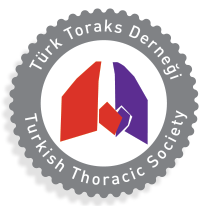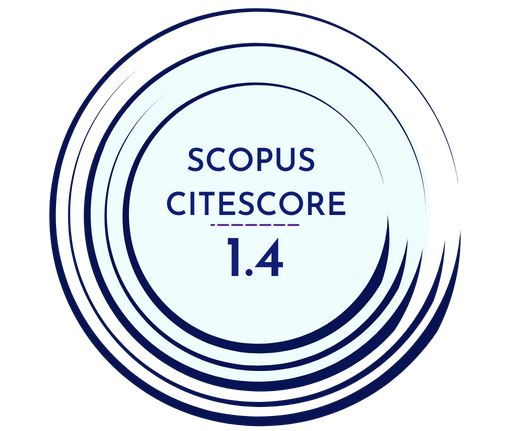Abstract
Multicentric Castleman disease (MCD) causes an extensive range of systematic symptoms and can be life-threatening if not treated promptly and appropriately. The pathophysiology of the disease remains unclear; however, interleukin 6 (IL-6) pathway and human herpesvirus 8 infection appear to play an important role. As a result, the treatment of MCD remains complex and often insufficient, although a plethora of therapeutic approaches have been used. Between these, biological agents in the form of monoclonal antibodies against specific pathogenic processes of the disease have improved survival rates significantly. In the present study, we review the clinical results of rituximab, which targets B lymphocytes, siltuximab and tocilizumab, which target the IL-6 pathway, bortezomib, which is a selective proteasome inhibitor, and anakinra, which is an interleukin 1 receptor antagonist. The introduction of these biological agents in the treatment of MCD appears to be promising in the first studies performed. However, more clinical trials are required to assess the efficacy and safety of each agent and to form therapeutic strategies that will be widely accepted.
Cite this article as: Kapriniotis K, Lampridis S, Mitsos S, et al. Biologic Agents in the Treatment of Multicentric Castleman Disease. Turk Thorac J 2018; 19(4): 220-5.



.png)
